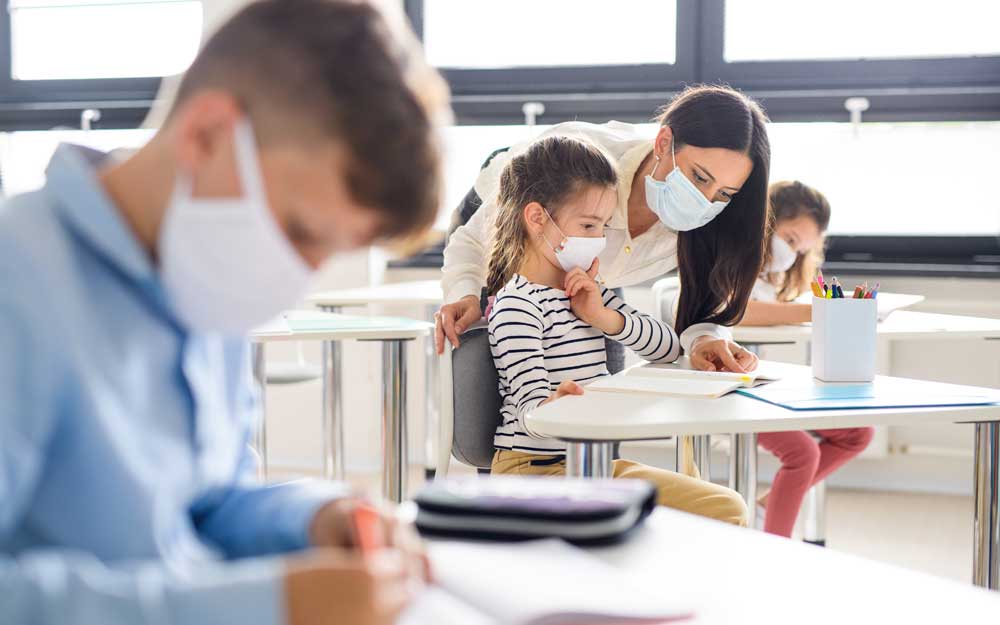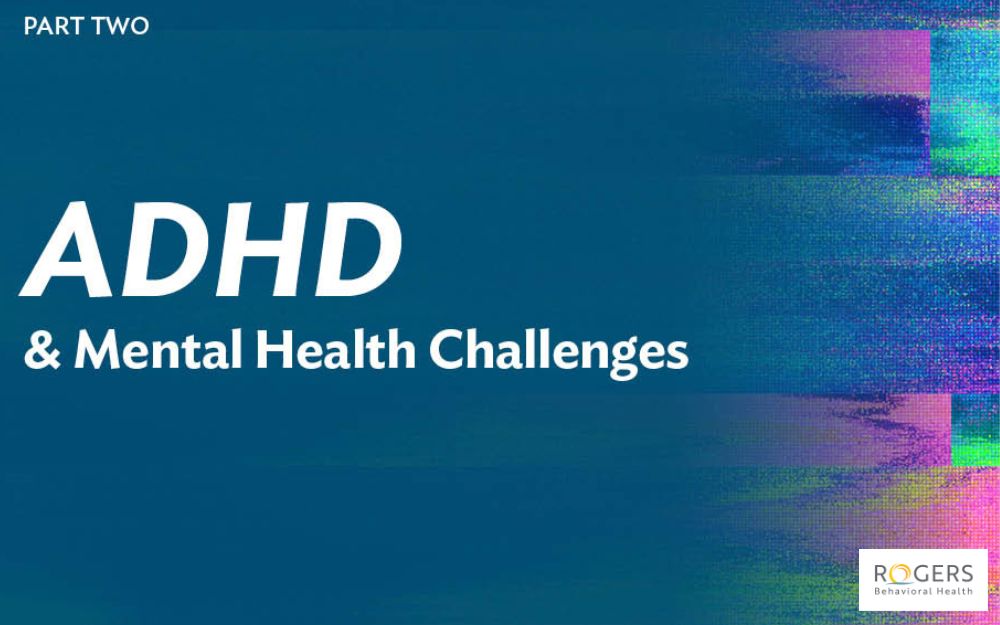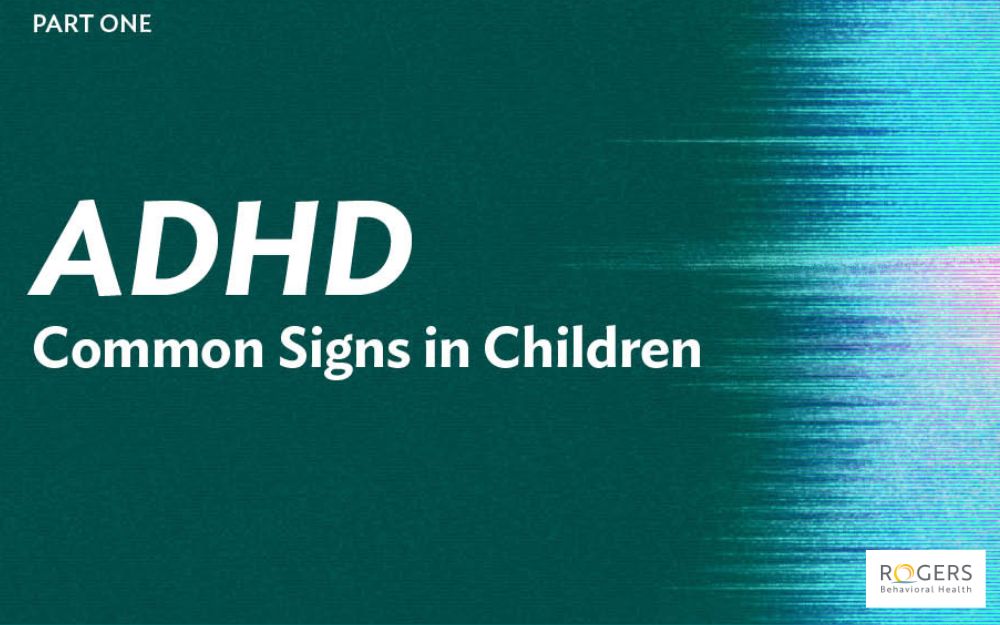Socialization impacts children and teens
Posted on 09/04/20 01:03:pm
Share this article:
As social distancing guidelines are being implemented across almost every facet of our lives, we know that continued physical isolation can take a toll on the mental health of both adults and children. Socialization is essential to everyone’s health and well-being, but it is especially important for children to learn the unwritten norms of social interaction.
Socialization during a new kind of school year
Schools are a great way for kids to learn how to communicate, make friends, develop healthy relationships, and get along with people who are different from them. However, as some students across the nation return to school in person this fall, the classrooms they walk into will not be the same as they were last year with face mask requirements, assigned seating at lunch, no sharing of school supplies, and staggered recesses. That means a severely decreased amount of socialization than “normal.”
“Many children may feel frustrated about why there is so much less time they’re able to see a friend during the school day than they’re used to,” explains Dr. Jerry Halverson, Rogers’ chief medical officer. “And on the flip side, many will struggle with how to socialize again when they’re back in a face-to-face setting after months of virtual-only connections. Then there are also many students who are going back to school virtually with no face-to-face instruction who will be confronting the continued isolation from their peers.”
Considering all of these scenarios, Dr. Halverson says it’s important for parents to encourage socialization in the best ways they can for their children given the circumstances, whether that means play dates or hangouts outside appropriately distanced, or connecting via screen time with friends through text or on a group video call.
“Maintaining relationships for students in this pandemic can be critical in creating structure during a time that is extremely abnormal and difficult for many students to process,” he adds.
Is your child suffering from lack of socialization?
There are some common symptoms parents should watch for that could signal a student is having a tough time managing their emotions around the varying socialization expectations the pandemic has spurred.
- Mood swings. If your child seems more irritable or “grouchy” than usual, that could be a sign they’re having a tough time sorting out how they feel, even if they don’t realize it.
- Withdrawing from loved ones. Is your child secluding to the bedroom more and more and communicating with you less and less? This can be a typical part of adolescence, but if it’s unusual for your child to act this way, try starting up a conversation about what they’re feeling and asking how you can help them.
- Spending more time than normal on electronic devices. Connecting with friends on devices outside of school is healthy and supports socialization. Given that many are going back to school virtually, it’s expected that many kids will be online for a good part of the day already—but it’s important for parents to be vigilant in monitoring their kids’ screen time outside of learning time. If your child has been online for a good part of the day already, suggest a family walk to get fresh air or even to simply sit outside and talk about the day.
Keep an open dialogue
Dr. Halverson stresses that because every child reacts differently to situations, even when experiencing the same reality, it is more crucial now than ever for parents to continue open conversations with their child.
“It’s essential to emphasize that what they’re feeling is important and you are there to listen and support them,” notes Dr. Halverson. “Some students may be feeling more anxious than others, and that’s expected, but if your child’s anxiety is interfering with their ability to do well in school or complete daily tasks, it might be time to explore professional support.”
Rogers can help
If you, your child, or someone you know needs help managing their anxiety symptoms, Rogers can help. Rogers offers multiple levels of care in locations across the country for children, adolescents, and adults. Call 800-767-4411 or request a free screening online.
If you do not feel you, or your child, needs treatment right away, but may be concerned, we offer online quizzes to possibly provide some relief. While these quizzes do not provide a diagnosis, it could be the first step in finding the treatment your child may need. Take our online Anxiety Quiz today.



